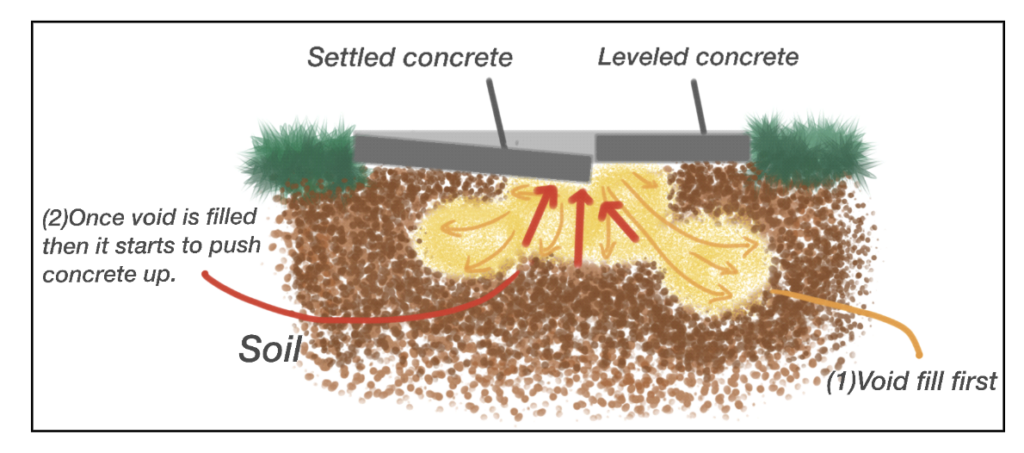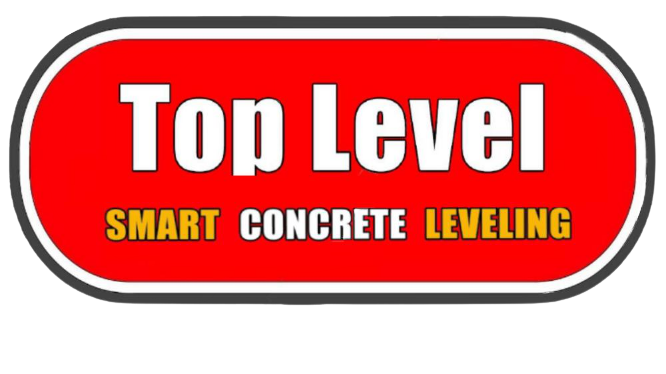The Science Behind Concrete Leveling: Understanding Soil Dynamics and Foundation Stability
Introduction
Concrete settlement is a common issue faced by property owners, often stemming from soil dynamics and foundation instability. In this article, we will explore the scientific principles underlying concrete settlement, focusing on soil dynamics, composition, moisture content, and load-bearing capacity. By understanding these factors, readers can appreciate the significance of professional concrete leveling services and the importance of proactive soil management practices.

Soil Composition and Its Impact
The composition of soil plays a pivotal role in determining its behavior under load. Different types of soil, such as clay, silt, sand, and loam, exhibit varying levels of stability and compaction. Understanding the specific composition of soil in your area is crucial for addressing concrete leveling issues effectively.
Moisture Content and Its Influence
Moisture content significantly affects soil’s ability to support weight. Excessive moisture can lead to soil expansion, while inadequate moisture can cause soil shrinkage. Both scenarios can contribute to concrete settlement over time. By managing moisture levels through proper drainage systems and irrigation techniques, property owners can mitigate the risk of soil-related issues.
Load-Bearing Capacity and Structural Integrity
The load-bearing capacity of soil refers to its ability to withstand applied pressure without significant deformation. Factors such as soil type, density, and compaction determine its load-bearing capacity. When soil beneath concrete slabs cannot adequately support the weight placed upon them, settlement occurs. Professional concrete leveling services assess soil conditions and provide solutions to restore structural integrity.
The Role of Professional Concrete Leveling Services
Professional concrete leveling services utilize advanced techniques and equipment to address uneven surfaces caused by soil settlement. By accurately diagnosing soil dynamics and foundation stability issues, these professionals can implement targeted solutions, such as mudjacking or polyurethane foam injection, to lift and level concrete slabs effectively.
Professional concrete leveling services play a vital role in maintaining the stability and durability of concrete structures. With their expertise in diagnosing soil dynamics and implementing effective solutions, they ensure lasting results and peace of mind for homeowners. To experience top-level concrete leveling and safeguard the longevity of your home, trust the expertise of our professionals. Contact us at 614-305-1050 for a free consultation, analysis, and estimate today.
Proactive Soil Management Practices
Prevention is key to avoiding concrete settlement and costly repairs. Implementing proactive soil management practices, such as regular inspection and maintenance of drainage systems, moisture control measures, and soil stabilization techniques, can help preserve the stability of foundations and extend the lifespan of concrete structures.
Conclusion
Understanding the scientific principles behind soil dynamics is essential for addressing concrete leveling issues effectively. By recognizing the impact of soil composition, moisture content, and load-bearing capacity, property owners can make informed decisions to maintain the stability and integrity of their foundations. Professional concrete leveling services play a crucial role in restoring uneven surfaces and ensuring the longevity of concrete structures. By embracing proactive soil management practices, property owners can safeguard their investments and enjoy peace of mind.
For top-level concrete leveling and more, trust our expertise. Call us at 614-305-1050 for a free consultation, analysis, and estimate. Invest in the longevity of your home with our efficient and affordable waterproofing solutions.

